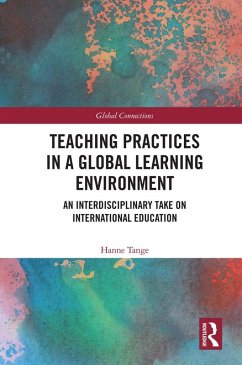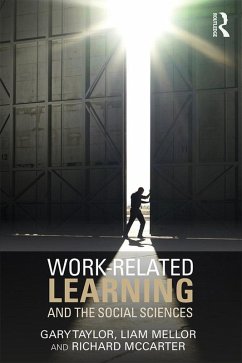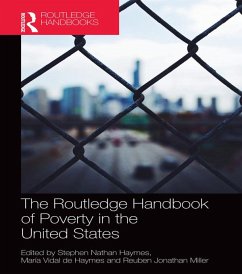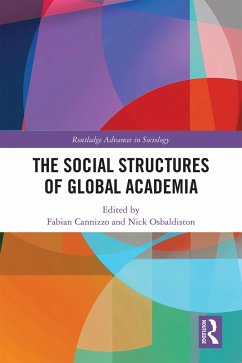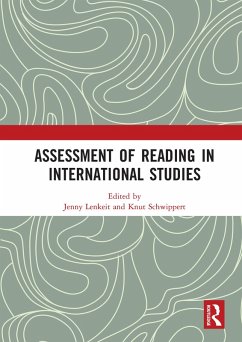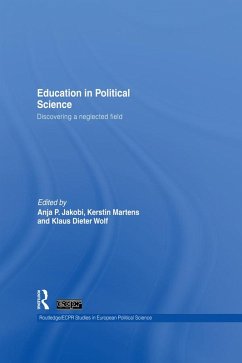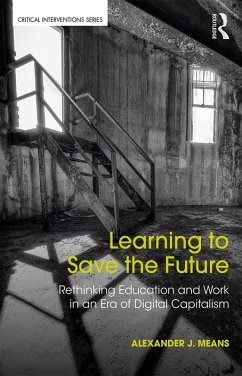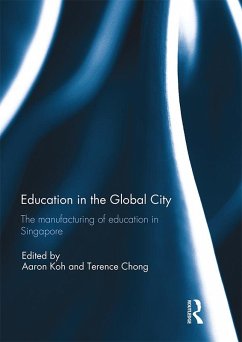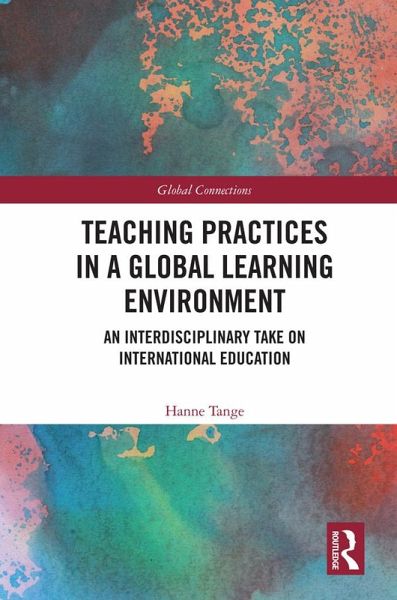
Teaching Practices in a Global Learning Environment (eBook, ePUB)
An Interdisciplinary Take on International Education
Versandkostenfrei!
Sofort per Download lieferbar
44,95 €
inkl. MwSt.
Weitere Ausgaben:

PAYBACK Punkte
22 °P sammeln!
This book examines teaching practices in international education, focusing on two significant meanings of the notion of 'practice': the concrete activities used by university lecturers and the role of education as a platform for transferring particular skills or approaches.In addition to discussing techniques involved in programme design, curricular development, course activities, multicultural teamwork and examination, the author explores the idea of the lecturer as an actor communicating practices, considering the role and responsibility of academic staff in the development of successful int...
This book examines teaching practices in international education, focusing on two significant meanings of the notion of 'practice': the concrete activities used by university lecturers and the role of education as a platform for transferring particular skills or approaches.
In addition to discussing techniques involved in programme design, curricular development, course activities, multicultural teamwork and examination, the author explores the idea of the lecturer as an actor communicating practices, considering the role and responsibility of academic staff in the development of successful international education.
With attention to the importance of the context of internationalisation, the book draws on research from two major research projects, presenting extensive interview material with teaching staff engaged in international education and projects of internationalisation. Combining the approaches of 'pragmatism' and practice theory, as developed by Bourdieu and Schatzki, among others, Teaching Practices in a Global Learning Environment addresses themes including the international-ness of academic disciplines, the biographies of international educators, and language issues emerging in international education. As such, it will appeal to scholars across the social sciences and policy makers with interests in pedagogy, internationalisation and higher education.
In addition to discussing techniques involved in programme design, curricular development, course activities, multicultural teamwork and examination, the author explores the idea of the lecturer as an actor communicating practices, considering the role and responsibility of academic staff in the development of successful international education.
With attention to the importance of the context of internationalisation, the book draws on research from two major research projects, presenting extensive interview material with teaching staff engaged in international education and projects of internationalisation. Combining the approaches of 'pragmatism' and practice theory, as developed by Bourdieu and Schatzki, among others, Teaching Practices in a Global Learning Environment addresses themes including the international-ness of academic disciplines, the biographies of international educators, and language issues emerging in international education. As such, it will appeal to scholars across the social sciences and policy makers with interests in pedagogy, internationalisation and higher education.
Dieser Download kann aus rechtlichen Gründen nur mit Rechnungsadresse in A, B, BG, CY, CZ, D, DK, EW, E, FIN, F, GR, HR, H, IRL, I, LT, L, LR, M, NL, PL, P, R, S, SLO, SK ausgeliefert werden.




